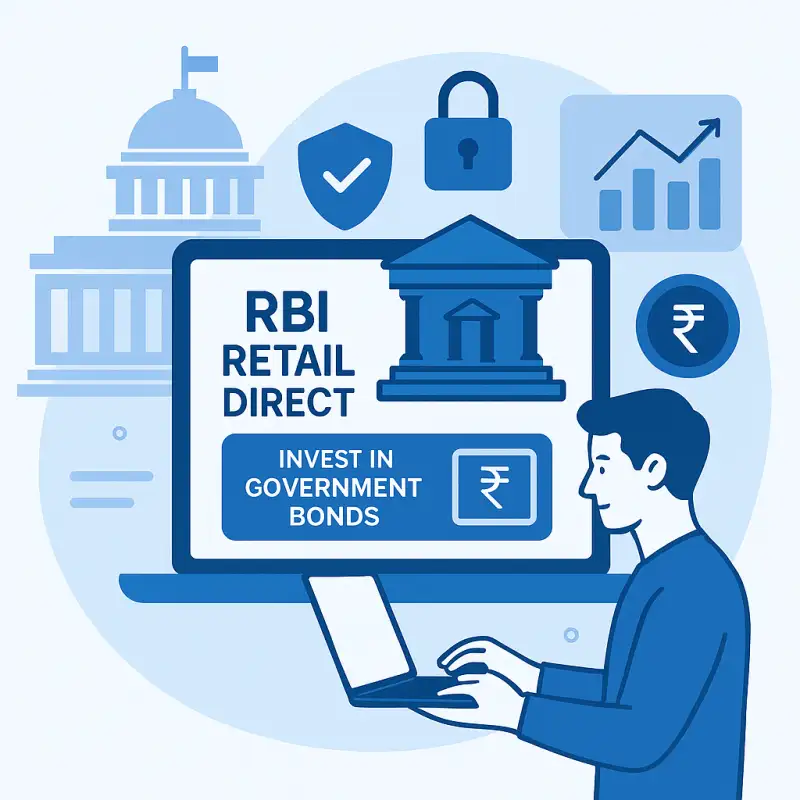App Builders vs App Developers: Which One is Right for You?
In today’s digital-first world, mobile and web applications are at the heart of how businesses engage with customers, streamline operations, and offer services. Whether you're a startup or an established company, you’ve likely faced the decision: Should you use an app builder or hire an app developer? Both options have their merits, but understanding the key differences is essential before making an investment.
This article explores the pros and cons of app builders and app developers, helping you make the best choice for your project’s needs.

What Are App Builders?
App builders are platforms or tools that allow users to create apps without needing to write code. These platforms often feature drag-and-drop interfaces, pre-built templates, and integrations with popular services.
Examples: Adalo, Appgyver, Glide, Bubble, BuildFire, and Thunkable.
Key Features of App Builders:
- No or low-code platforms
- Pre-designed UI components
- Fast deployment
- Lower upfront costs
- Hosting and backend included in many cases
What Are App Developers?
App developers are professional programmers who write custom code to build applications. They may work independently, as part of an agency, or in-house. Hiring an app developer allows for highly customized, scalable, and feature-rich apps that are tailor-made to your business needs.
Technologies Used: React Native, Flutter, Swift, Kotlin, Java, Python (Django), Node.js, and more.
Key Attributes of App Developers:
- Custom app architecture
- Full access to platform-specific APIs
- Deep backend integration
- Scalable, complex features
- Ongoing maintenance and optimization
App Builders: Pros and Cons
✅ Pros
- Quick Deployment: Apps can often be launched in a matter of hours or days.
- No Coding Required: Designed for non-technical users.
- Drag-and-Drop Interfaces: Intuitive UI design tools speed up the creation process.
App Developers: Pros and Cons
✅ Pros
- Complete Customization: Developers can build your app exactly the way you envision it.
- High Performance: Custom apps can be optimized for speed and efficiency.
- Advanced Integrations: You can connect with legacy systems, APIs, and databases with ease.
- Scalability: Well-architected code can support millions of users.
- Ownership & Control: Full control over code, design, and infrastructure.
When to Use an App Builder
App builders are ideal for:
- MVPs (Minimum Viable Products) and prototypes
- Internal tools or simple business apps
- Content-based apps (e.g., news or portfolio apps)
- Budget-constrained projects
- Fast-launch use cases
If you're a solo entrepreneur looking to test an idea quickly, or a small business needing a basic booking app, a builder could be your best friend.
When to Hire App Developers
App developers are better suited for:
- Complex apps with custom features
- E-commerce platforms with custom workflows
- Apps requiring advanced security or compliance
- High-performance games or real-time apps
- Projects with scalability in mind
If you're planning to disrupt an industry, handle sensitive data, or serve thousands of users daily, a professional developer (or team) is essential.
Cost Comparison
| TypeInitial CostMaintenance CostTotal Over Time | |||
| App Builder | Low ($0–$300/mo) | Low (subscription) | Medium |
| App Developer | High ($10k–$100k+) | Medium–High | High |
Though app builders may seem cheaper initially, ongoing subscription fees and limitations can add up over time.
Time to Market
| TypeAverage Time to Launch | |
| App Builder | 1 day to 2 weeks |
| App Developer | 1 month to 6 months+ |
App builders excel in speed.
SEO, Analytics & Integrations
Most modern app builders support basic integrations like Google Analytics, Stripe, or Zapier. However, they may lack the ability to implement advanced analytics tools or custom data pipelines.
App developers can build whatever you need—from real-time analytics dashboards to third-party ERP integration.
Security & Compliance
App builders generally follow good security practices but may not be suitable for industries requiring compliance with regulations like HIPAA, GDPR, or PCI-DSS.
Custom development allows for tighter control of security policies, encryption standards, and compliance protocols—an essential for finance, healthcare, and enterprise-grade apps.
Future-Proofing
App builders may eventually limit your business growth. If your user base expands or you need a custom feature that isn’t supported, you may have to rebuild the app from scratch using custom development.
Custom-built apps, while slower to launch, are inherently more future-proof and adaptable to evolving business needs.
Conclusion: App Builder or App Developer?
There is no one-size-fits-all answer. The right choice depends on your project goals, budget, timeline, and growth plans.
| ScenarioBest Choice | |
| Quick MVP or prototype | App Builder |
| Small business with simple needs | App Builder |
| Highly custom or scalable app | App Developer |
| Security-sensitive application | App Developer |
| Tight budget and deadline | App Builder |
| Long-term product vision | App Developer |
If the idea gains traction, you can transition to custom development for better performance and scalability.
Ultimately, your app is a tool—choose the right tool for the job. Also check at Virtua Technologies
User Replies
Hey, can we use Fluxus Roblox, as a safe Roblox Script executor. If anyone is using please let me know.
New Updates

How to Calculate Inflation
Understanding how to calculate inflation empowers you to mak...

Understanding Loan Application Fee Refunds
Applying for a loan, whether it’s for a new home, a car, or...

RBI Retail Direct Scheme Online Portal
The RBI Retail Direct Scheme enables individual investors bo...

Cyber Crime Complaint Letter Format - Hindi and English Sample
This blog post explains how to draft a cyber crime complaint...

How to File a Cyber Crime Complaint?
Cybercrime is rising fast in India, affecting individuals an...
Recent Topics

Welcome Back
Sign in to My Website v2